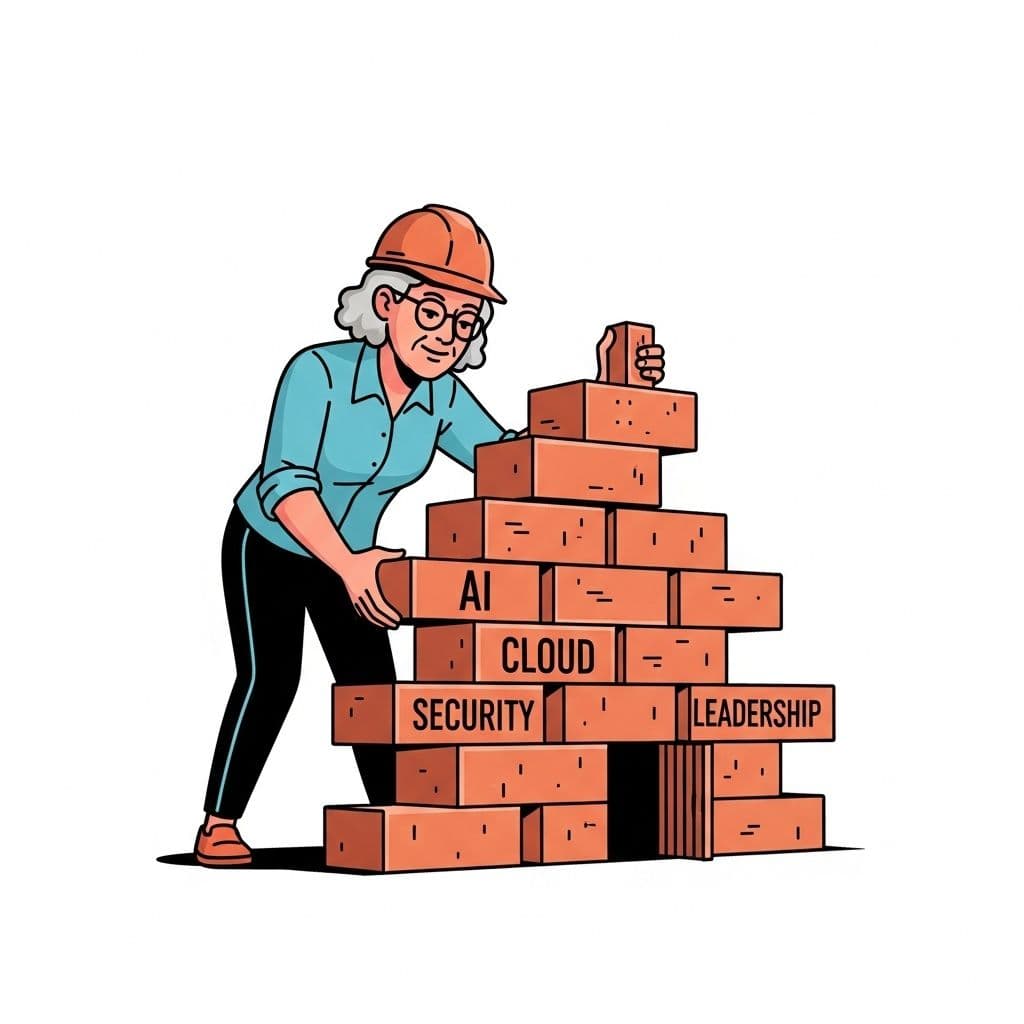If you're a young web developer, you're probably wondering what your future will look like in your 40s. Will you still be able to work in the profession? Will you have to change industries? If so, to what?
Career Path
Generally speaking, the career path for a web developer looks like this:
- Junior - a beginner programmer who is just gaining experience.
- Regular - a programmer with some skills and experience.
- Senior - a programmer with extensive experience and skills.
- Expert - a programmer with exceptional skills and experience.
- Lead - a programmer who manages a team of programmers.
Each of these steps on the ladder comes with additional requirements. A Junior must first and foremost learn the basics of programming and gain experience. A Regular must be able to perform programming tasks independently. A Senior must be able to direct the work of other programmers. An Expert must be able to find new solutions and innovations. A Lead must be able to manage a team of programmers and projects.
At each of the aforementioned positions (and we'll have a significant influence on this from the senior role upwards), it's worthwhile to build a cohesive team around yourself. On your own, you will achieve significantly less than with a group of people who help each other and pull you up (if they are the right people). Importantly, security will be guaranteed by (a cliché) hard work and showing that we are able to handle any task.
How to Be Irreplaceable
To ensure a secure future at the age of 40-45, it's worth showing your employer that you are irreplaceable. Not just through your programming skills, but also through your development perspective. Show that you see yourself in the next role in a few years and how you are working towards it.
This means you should constantly develop. Learn new technologies and skills. Participate in training and conferences. Publish your articles and projects.
How to Protect Yourself in Case of a Market Crash
In addition to professional development, it is also worth protecting yourself in case of a market collapse. In the IT industry, this is possible by investing in your development.
This means it's worth acquiring additional skills that will allow you to work in other fields. For example, you could learn mobile app development, backend programming, or artificial intelligence.
You can also invest in your personal development. For example, you could learn a foreign language, get a project management certificate, or develop your interpersonal skills.
However, the IT industry isn't everything. It's good to have a fallback plan and thoughts on "what if everything collapsed tomorrow?" Think about the passions that interest you - in my case, it's the "coffee industry," and more specifically, my own coffee roastery. It is both my little dream and a plan for "what if...".
It's also worth thinking about securing the capital we accumulate, so that money doesn't slip through our fingers. Of course, it's nice to have a good car, a nice house, designer clothes, but... all of that passes :) And the future will sooner or later come calling for its due, so invest your time in... learning about investing :)
About Investing
If you want to build a wall for your fortress (a term borrowed from Marcin Iwuć, CFA), it's worth considering investing.
Of course, this is not the only way to protect yourself in the event of a market crash, but it can be very helpful.
You can invest in various assets, such as stocks, bonds, real estate, or cryptocurrencies. However, it is important to do thorough research and choose investments that are in line with your risk profile and financial goals.
Of course, investing involves risk. However, if you approach it with caution, you can increase your chances of success.
Summary
If you want to ensure a secure future at the age of 40-45, it's worth it to:
- Develop professionally - learn new technologies and skills, participate in training and conferences, publish your articles and projects.
- Secure yourself against a market crash - acquire additional skills that will allow you to work in other fields, invest in your personal development, consider investing in assets.
- Believe in yourself and your abilities, because as Roxie Nafousi mentioned in her book "Manifest" - good thoughts attract good events and situations into your life. I didn't believe in such things until I experienced it firsthand.
- If faith works wonders, you have to believe you will succeed. And you will succeed :)
